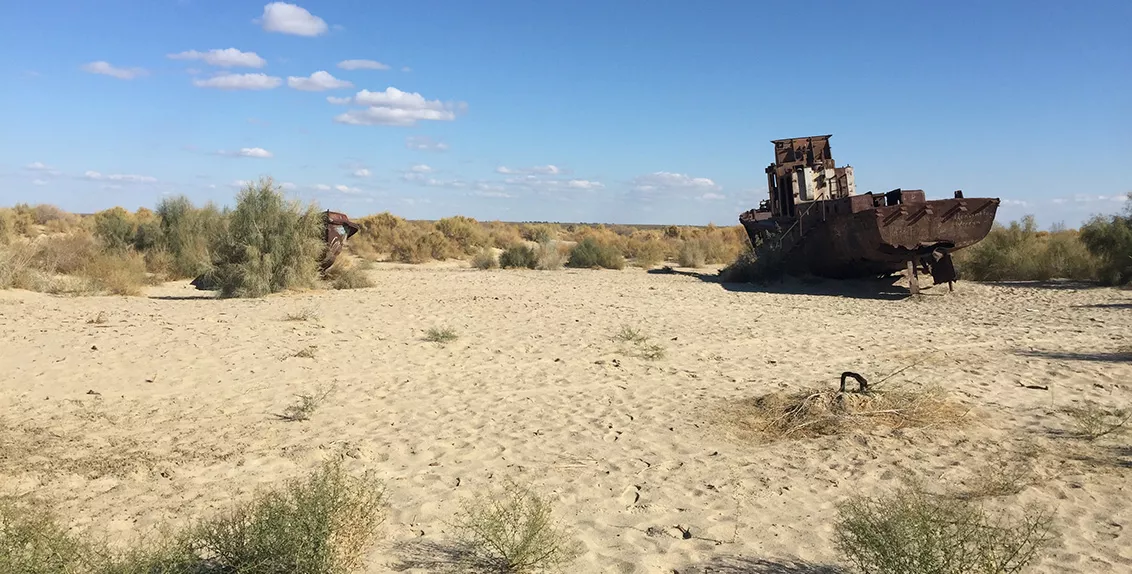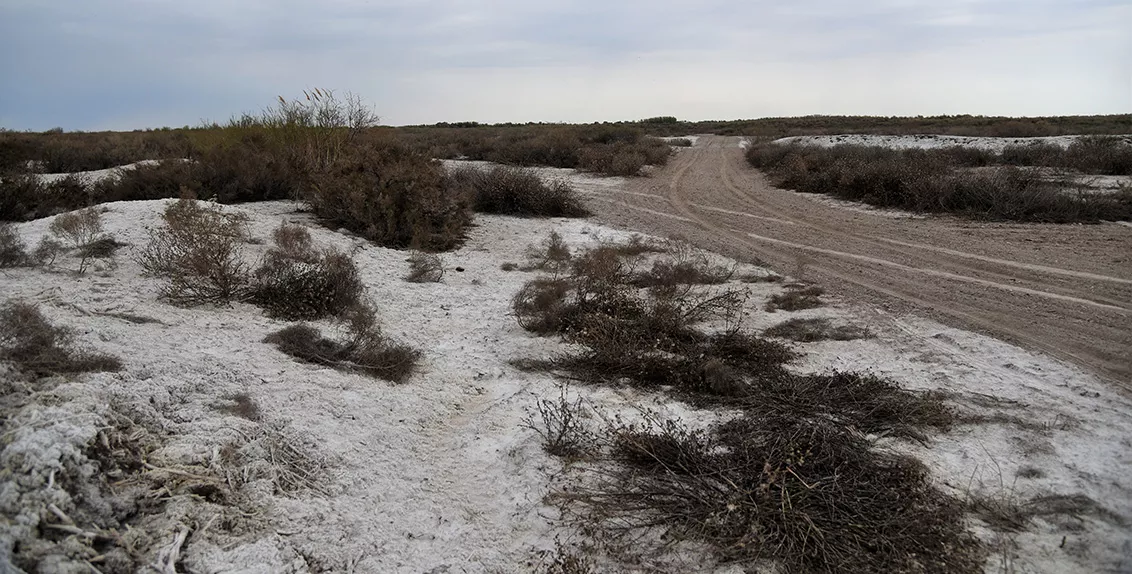Uzbekistan to host international Aral Sea science, innovation forum
13 October 2018
More than 100 delegates, including senior policymakers, representatives of international and regional development organizations, scientists, experts and professionals from Azerbaijan, Japan, Kazakhstan, Kyrgyzstan, Tajikistan, Turkmenistan, the United Arab Emirates and Uzbekistan will convene in Samarkand on 16-18 October 2018 to discuss how science and innovation can boost sustainable development in the Aral Sea Basin.
The shrinking of the Aral Sea is widely considered as one of the planet's worst environmental disasters. The consequences go far beyond the environment, affecting the lives of millions of people in and out of the region. They range from salt and dust storms, loss of biological productivity and biodiversity, deterioration of ecosystems, water supply and health risks, economic losses to climate change.
Once viewed as a problem confined to Central Asia, there is a growing international consensus today on the need to take urgent action to mitigate its effects and ensure sustainable development in the Aral Sea Basin. As one of the most affected countries, Uzbekistan is mobilizing regional and international support to address the problem through scientific and innovative solutions.
This is the idea behind the international forum titled "Innovative Approaches to Promoting Sustainable Governance and Social Stability in the Aral Sea Basin", organized by the Ministry of Innovative Development of Uzbekistan, the International Center for Biosaline Agriculture (ICBA) and Samarkand State University. Other organizers of the Islamic Development Bank (IsDB)-funded three-day event include the Food and Agriculture Organization of the United Nations (FAO), the International Platform for Dryland Research and Education (IPDRE), the United States Agency for International Development (USAID) and the United Nations Development Programme (UNDP).
Participants will share ideas and experiences on potential innovation, science, technology and policy measures to enhance food, nutrition, income and water security of people living in the region. They will also deliberate on specific policy recommendations on water governance and integrated water resources management, institutional capacities to better manage water resources and promote regional exchange of information on water resources, innovative technologies for desalination and decontamination of water and soil, as well as indigenous knowledge and practices on dryland water resources management.
Dr. Ismahane Elouafi, Director General of ICBA, said: “As people living in the Aral Sea region suffer from, among other things, lack of water for drinking and farming, one way to ensure their agricultural activities continue sustainably and bring in more income is to tap into the potential of non-conventional water resources, including saline water.”
“Strategic investments into use of non-conventional water resources will generate considerable returns, both economically and environmentally. The problem will, thus, be turned into a major opportunity to improve food, water and income security of rural populations, while preserving ecosystems,” Dr. Ismahane Elouafi commented.
The forum will run in parallel with a regional training course titled “Crop diversification and modeling for climate-resilient agriculture and food security management in Central Asia”. The course will be conducted by ICBA for scientists and experts from Azerbaijan, Kazakhstan, Kyrgyzstan, Tajikistan, Turkmenistan and Uzbekistan.












